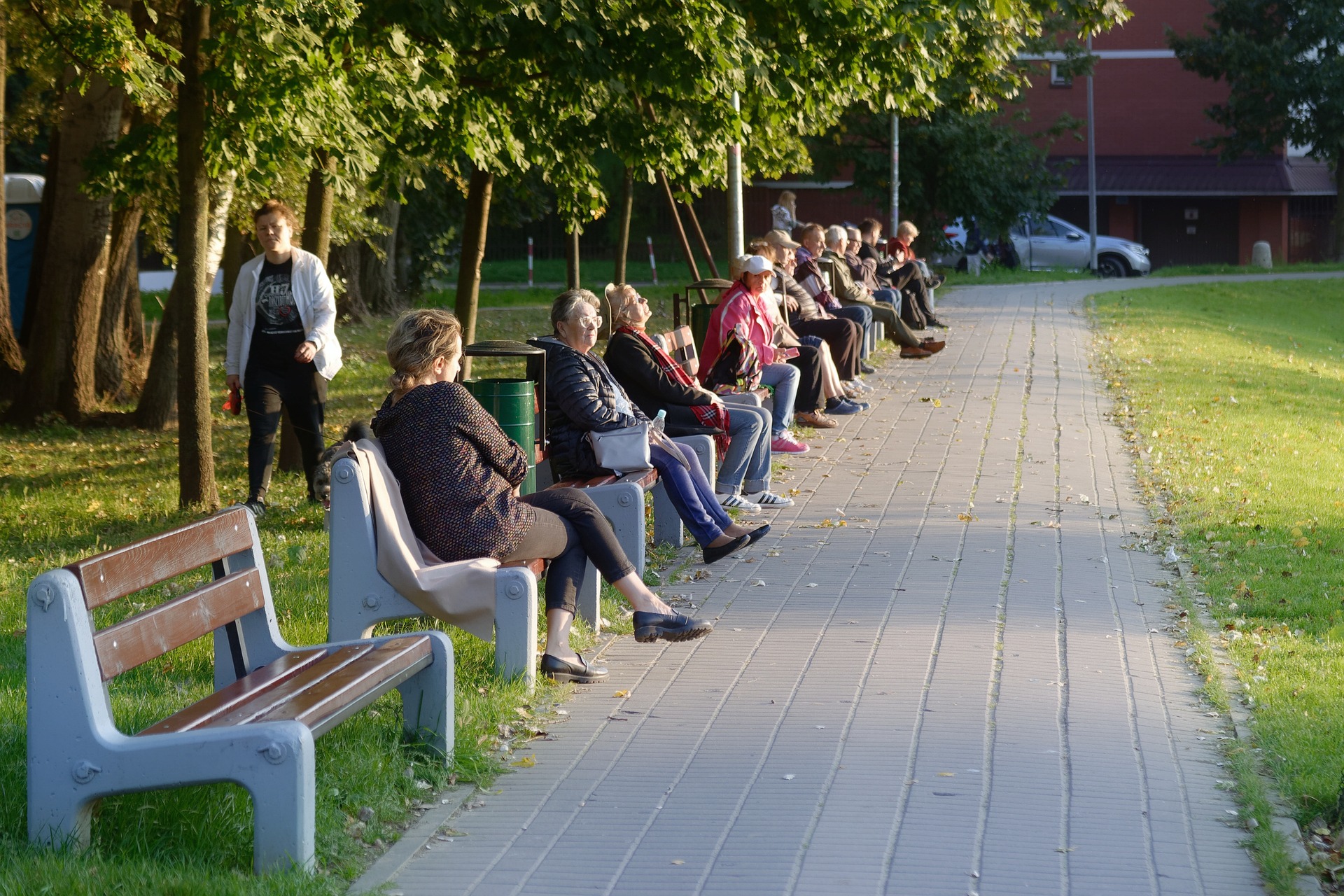Understanding the Significance of Soft Skills in the Modern Workplace
Introduction: In the rapidly evolving job market, soft skills are becoming increasingly crucial. These non-technical skills can set you apart and make you a more desirable candidate. Let's explore the importance of soft skills in today's professional landscape.

A Brief History of Soft Skills
In the past, technical competence was often enough to secure a job and excel in it. However, as workplaces evolved, the importance of interpersonal skills, or ‘soft skills’, began to rise. Soft skills include a range of abilities, such as communication, teamwork, problem-solving, and adaptability. Despite being less tangible than hard skills, they play a crucial role in fostering a productive and harmonious work environment.
Current Trends in the Job Market
Today, soft skills are in higher demand than ever before. Employers are increasingly recognizing their value and actively seeking candidates who possess them. A LinkedIn survey found that 92% of talent professionals and hiring managers agree that soft skills are just as important–if not more important–than hard skills. This shift reflects a broader trend towards a more holistic view of what makes an effective employee.
The Benefits and Challenges of Developing Soft Skills
Soft skills can significantly enhance your career prospects. They can improve your ability to work in a team, communicate your ideas effectively, and adapt to new situations. However, developing these skills can be challenging. Unlike hard skills, which can be learned through formal training, soft skills are often cultivated through experience and personal growth.
Applying Soft Skills in the Real World
In practice, soft skills can make a significant difference in your professional life. For example, strong communication skills can help you express your ideas clearly and persuasively, making you a more effective team member. Similarly, good problem-solving skills can enable you to navigate challenging situations and find innovative solutions.
Research-Backed Approaches to Developing Soft Skills
Research suggests that soft skills can be developed through a variety of methods. Self-reflection, seeking feedback, and practicing mindfulness can all help you improve your soft skills. In addition, participating in team activities and taking on leadership roles can provide valuable opportunities to hone these abilities.
Final Thoughts: In today’s job market, soft skills are more than just a ‘nice-to-have’. They’re a key component of professional success. By understanding their importance and actively working to develop them, you can stand out in a competitive job market and enhance your career prospects.




